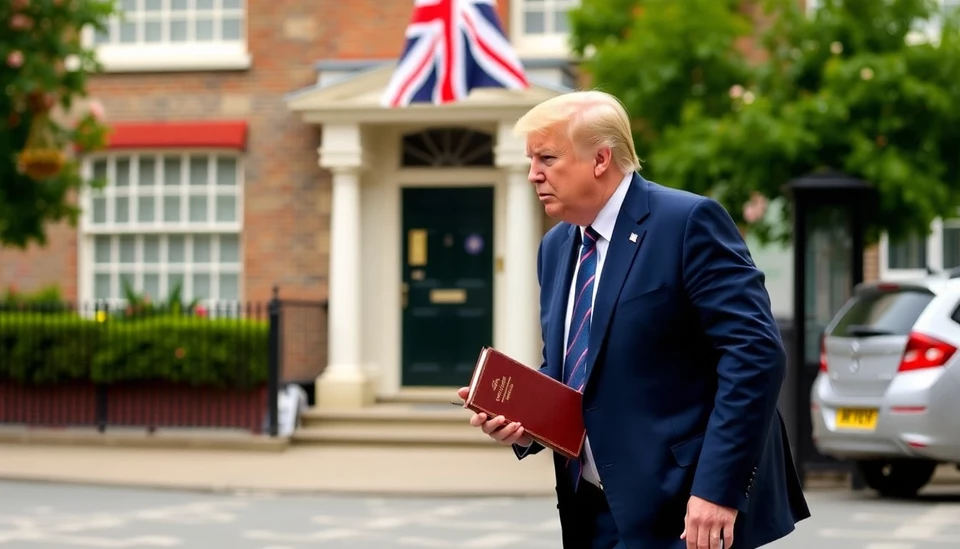
The United Kingdom stands at a critical juncture as economic sentiment continues to decline, and all eyes are on the upcoming budget presentation by Rachel Reeves, the Shadow Chancellor of the Exchequer. This budget address is widely perceived as a crucial "make-or-break" event, with significant implications for the country's near-term economic trajectory. In a climate of descending public confidence and fiscal uncertainty, the stakes for Reeves' proposals could not be higher.
Economic indicators paint a challenging picture as the UK grapples with sluggish growth and persistent inflation. The consumer confidence index, a bellwether for economic health, has seen a notable deterioration, exacerbating concerns about economic resilience. This downturn has sparked vigorous debates among policymakers, economists, and the public regarding the most prudent path forward.
Rachel Reeves is under intense scrutiny as she prepares to unveil her budget proposals. Her plans are expected to address pressing issues, particularly those surrounding cost-of-living pressures and public sector investments. According to insiders, Reeves aims to strike a balance between supporting growth and ensuring fiscal responsibility—a dual mandate that many regard as critical for restoring economic stability.
One of the most anticipated aspects of Reeves' budget is her strategy to mitigate the impact of inflation, which currently poses a significant strain on households across the UK. Measures to address energy costs and enhance social welfare programs are among the proposed initiatives aimed at providing urgent relief to financially stretched families.
Moreover, the budget is likely to outline initiatives to boost business investment, seen as vital for revitalizing the UK's innovation and competitive edge. Reeves’ opponents argue that without a keen focus on reducing taxation and increasing market deregulation, the budget may fall short of invigorating the entrepreneurial spirit necessary for long-term prosperity.
The upcoming budget has also sparked a broader conversation about the post-Brexit economic landscape and the strategic roles of trade partnerships. This topic has divided opinions, with some advocating for aggressive new trade deals to spur growth, while others call for cautious maneuvering given the global economic uncertainties.
Overall, the anticipation surrounding Rachel Reeves' budget presentation reflects the pressing need for decisive action to steer the UK out of its current economic malaise. As the date draws near, analysts and citizens alike are watching closely, well aware that the budget's reception and subsequent implementation could significantly impact the country's financial future.
As the UK navigates this pivotal moment, the ramifications of Reeves' decisions will unfold in the months to come, with lasting implications for both domestic policy and international economic relations.
Stay tuned for more updates as we analyze the outcomes and responses to this critical budget address.
#UKEconomy #RachelReeves #BudgetSpeech #EconomicSentiment #InflationCrisis #FiscalPolicy #ConsumerConfidence #BrexitImpact #BusinessInvestment
Author: Daniel Foster




